KSI: ‘renaissance man of digital age’ in racism storm
British influencer, boxer and rapper apologised for using racial slur in Countdown-style video
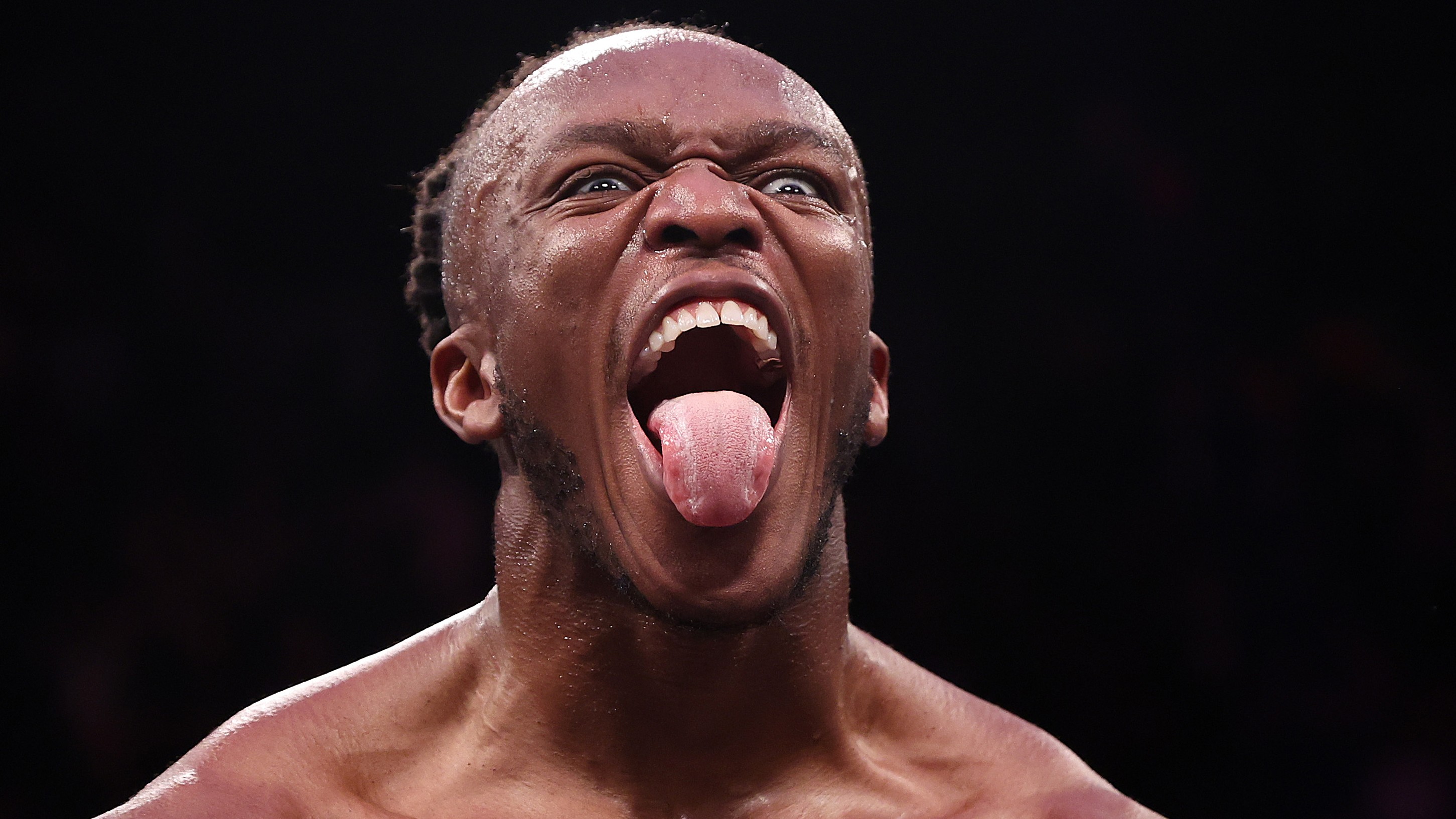
A free daily email with the biggest news stories of the day – and the best features from TheWeek.com
You are now subscribed
Your newsletter sign-up was successful
YouTube star KSI has apologised for using a racial slur during a recent video, saying there was “no excuse”.
The British rapper turned boxer, who co-owns the Prime energy drink with influencer Logan Paul, was playing a game of Countdown with his YouTube collective, the Sidemen. He spelled out a derogatory term for someone of Pakistani origin, to his “evidently amused” fellow performers, said Variety.
The video sparked widespread outrage on social media over the weekend, particularly from the South Asian community.
The Week
Escape your echo chamber. Get the facts behind the news, plus analysis from multiple perspectives.

Sign up for The Week's Free Newsletters
From our morning news briefing to a weekly Good News Newsletter, get the best of The Week delivered directly to your inbox.
From our morning news briefing to a weekly Good News Newsletter, get the best of The Week delivered directly to your inbox.
KSI, real name Olajide William Olatunji, tweeted less than an hour later: “I wanna apologise for saying a racial slur in a recent Sidemen video. There’s no excuse, no matter the circumstances, I shouldn’t have said it and I’m sorry.”
The video has since been removed, although tweets from the Sidemen’s official account promoting the video are still active, said The Guardian. The Sidemen also apologised on Monday for the “completely unacceptable” slur.
KSI, 29, said he would be taking himself off social media for a while. He has also been the victim of extensive online racism.
Who is KSI?
KSI (which stands for Knowledge Strength Integrity) is known to his friends and family as JJ. A Londoner of Nigerian origin, he had what The Times called “a very traditional Nigerian upbringing, raised on jollof rice and yam and church – only in Watford”.
A free daily email with the biggest news stories of the day – and the best features from TheWeek.com
Being one of only two black pupils at the private school he attended made the young KSI feel introverted, turning to computer games and online chat rooms. He began uploading gaming commentary videos, and was soon earning enough to drop out of sixth-form college – reportedly more than his teacher.
After years of diss tracks and rap segments in his videos, KSI released a debut single Lamborghini in March 2015, and his full EP the following January, which charted at number one on the UK R&B chart. He has since released a breakthrough album, Dissimulation, which went platinum and included a track nominated for Song of the Year at the 2022 Brit Awards.
KSI “has developed huge cultural influence in recent years”, said The Guardian. His personal YouTube account has more than 20 million subscribers, with the Sidemen account boasting almost as many.
He is Britain’s biggest online star, said The Times: “a Renaissance man of the digital age”, who can earn a reported £250,000 for one sponsored video. In January, Amazon Prime released a documentary about his life, produced by Louis Theroux. He has also starred in a film and published a bestselling autobiography in 2015: I Am a Bellend.
KSI now splits his time between music and boxing, telling Men’s Health in an interview last year: “Boxing is bigger than ever these days. I get messages all the time from people, saying I’ve made them get into boxing, that they felt a bit lost and that boxing has given them some purpose.”
In 2018, KSI fought his fellow YouTube star Logan Paul in the first of two hugely hyped boxing bouts, before the pair combined their clout to promote Prime, the official drink of the UFC (Ultimate Fighting Championship). “The effect on hormonal boys has been a triumph of marketing,” said The Times.
Prime’s sports drink, Hydration, “has become an online sensation since being launched”, said the BBC, “with its limited UK availability causing a craze”.
Intense advertising combined with a restricted supply led to a perfect storm of demand. Supermarket staff struggled to hold back shoppers, with reports of chaotic queues and “an aggressive secondary market at schools around Britain”, said Insider.
No stranger to controversy?
KSI has been widely criticised for sexism, misogyny and appearing to trivialise sexual assault with his so-called “rape face”, a recurrent theme of his earlier videos in which he would shout into the camera: “You’re getting raped today!” In 2012, he was also accused of sexually harassing a female staff member at a Eurogamer convention in 2012, and was banned from future events. In March 2021, he also tweeted an apology for using “transgender slurs”.
Apologising for his past content, KSI told The Guardian in 2020: “Obviously I’m not proud of it. But whenever you post something on the internet, it’s there forever. So you can hide from it, pretend it doesn’t exist. Or, you know, hit it head on, realise why it was a mistake.”
Following the furore around his latest video, the YouTuber tweeted: “I’ve always said to my audience that they shouldn’t worship me or put me on a pedestal because I’m human.” Announcing that he was going to take a break from social media, he added: “I’m not perfect, I’m gonna mess up in life, and lately I’ve been messing up a lot.”
Harriet Marsden is a senior staff writer and podcast panellist for The Week, covering world news and writing the weekly Global Digest newsletter. Before joining the site in 2023, she was a freelance journalist for seven years, working for The Guardian, The Times and The Independent among others, and regularly appearing on radio shows. In 2021, she was awarded the “journalist-at-large” fellowship by the Local Trust charity, and spent a year travelling independently to some of England’s most deprived areas to write about community activism. She has a master’s in international journalism from City University, and has also worked in Bolivia, Colombia and Spain.
-
 How the FCC’s ‘equal time’ rule works
How the FCC’s ‘equal time’ rule worksIn the Spotlight The law is at the heart of the Colbert-CBS conflict
-
 What is the endgame in the DHS shutdown?
What is the endgame in the DHS shutdown?Today’s Big Question Democrats want to rein in ICE’s immigration crackdown
-
 ‘Poor time management isn’t just an inconvenience’
‘Poor time management isn’t just an inconvenience’Instant Opinion Opinion, comment and editorials of the day
-
 Is a social media ban for teens the answer?
Is a social media ban for teens the answer?Talking Point Australia is leading the charge in banning social media for people under 16 — but there is lingering doubt as to the efficacy of such laws
-
 How Utah became a media focal point
How Utah became a media focal pointIn Depth In producing the stars of #MomTok and reality TV alike, Utah has emerged as a media powerhouse
-
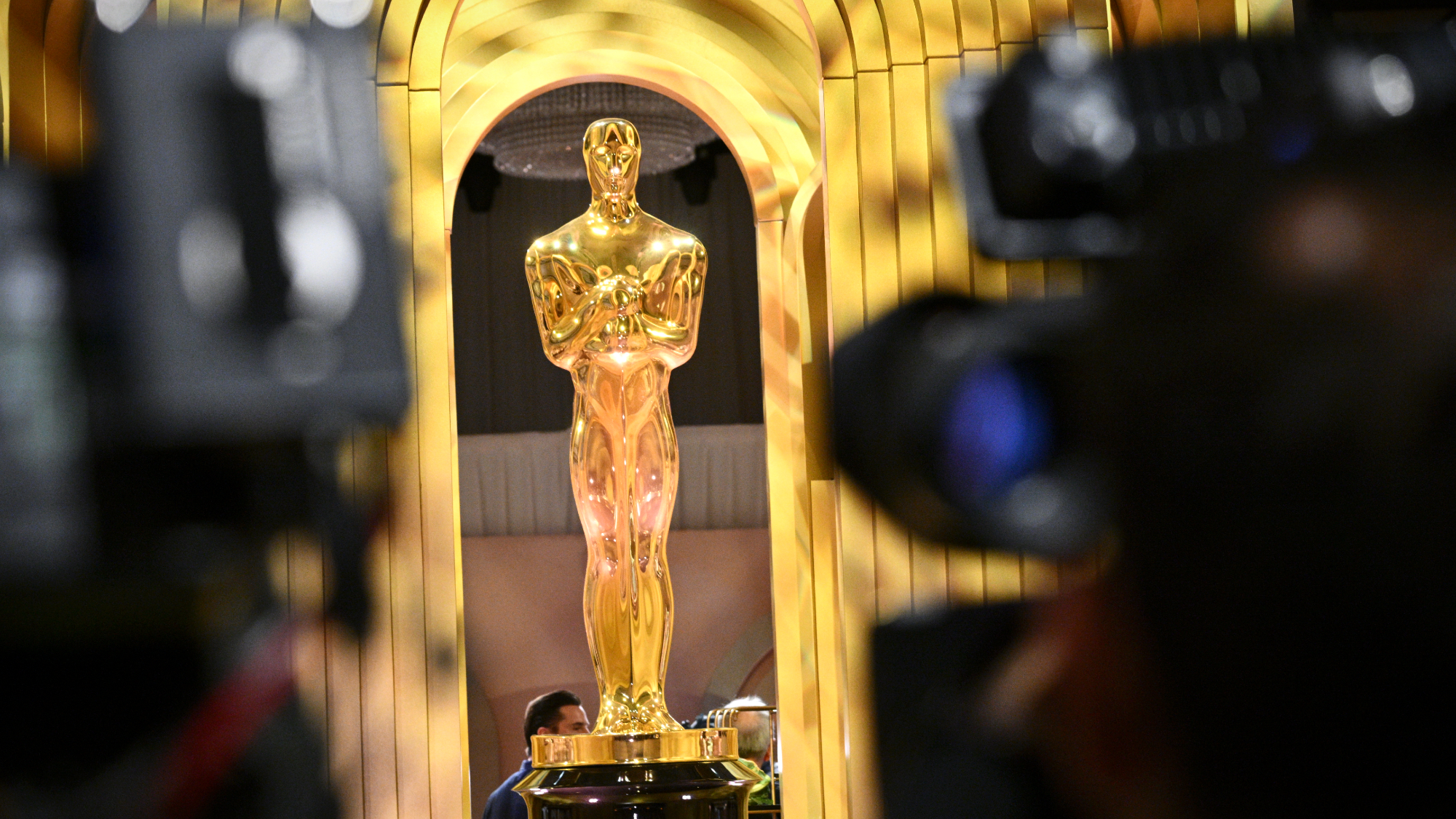 Oscars jump to YouTube after decades at ABC
Oscars jump to YouTube after decades at ABCSpeed Read The awards show will be broadcast worldwide on YouTube starting in 2029
-
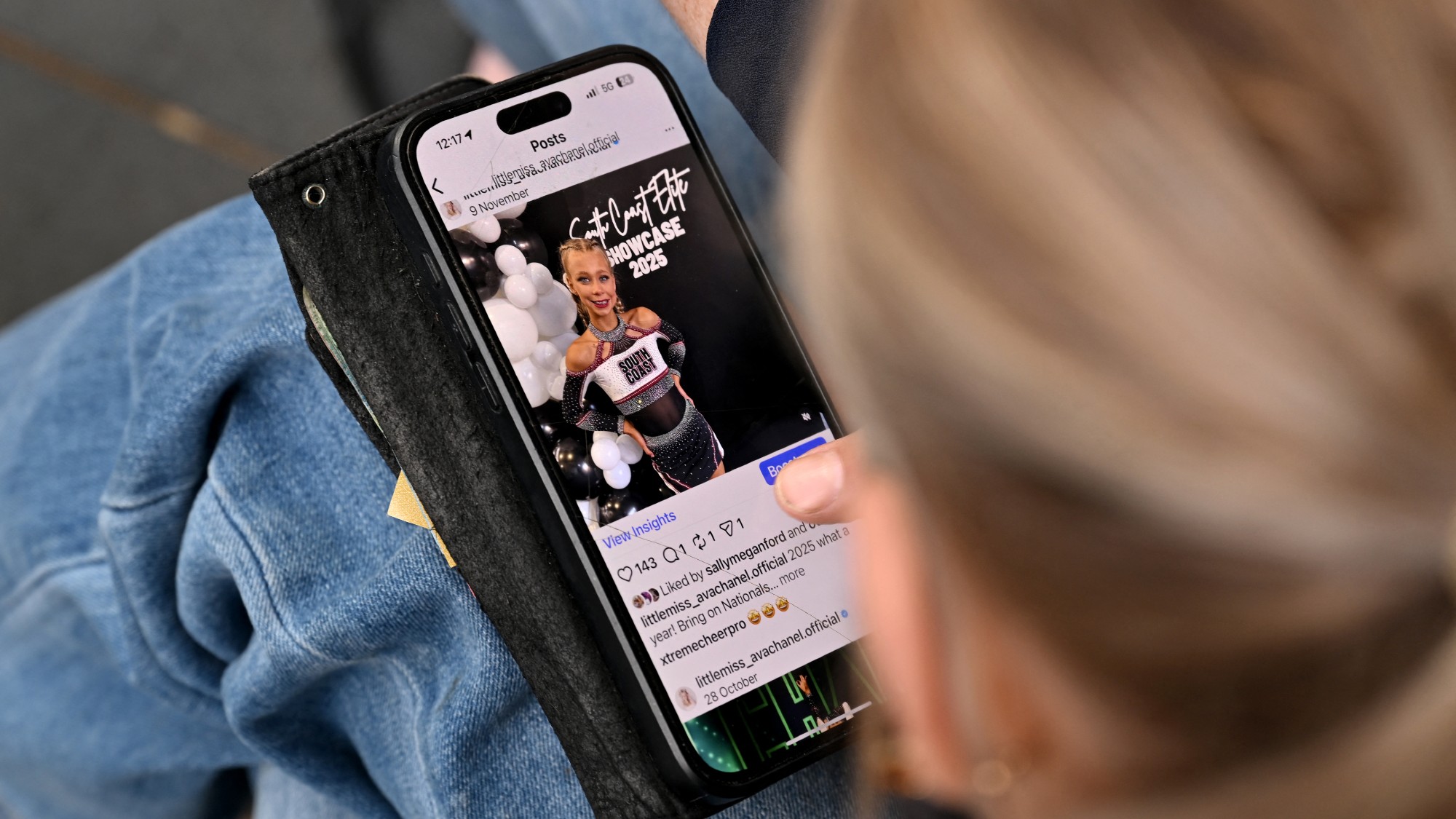 Australia’s teens brace for social media ban
Australia’s teens brace for social media banIn The Spotlight Under-16s will be banned from having accounts on major platforms
-
 Are boomers the real phone addicts?
Are boomers the real phone addicts?In The Spotlight There’s an ‘explosion in screentime’ among older people – and they’re more vulnerable to misinformation
-
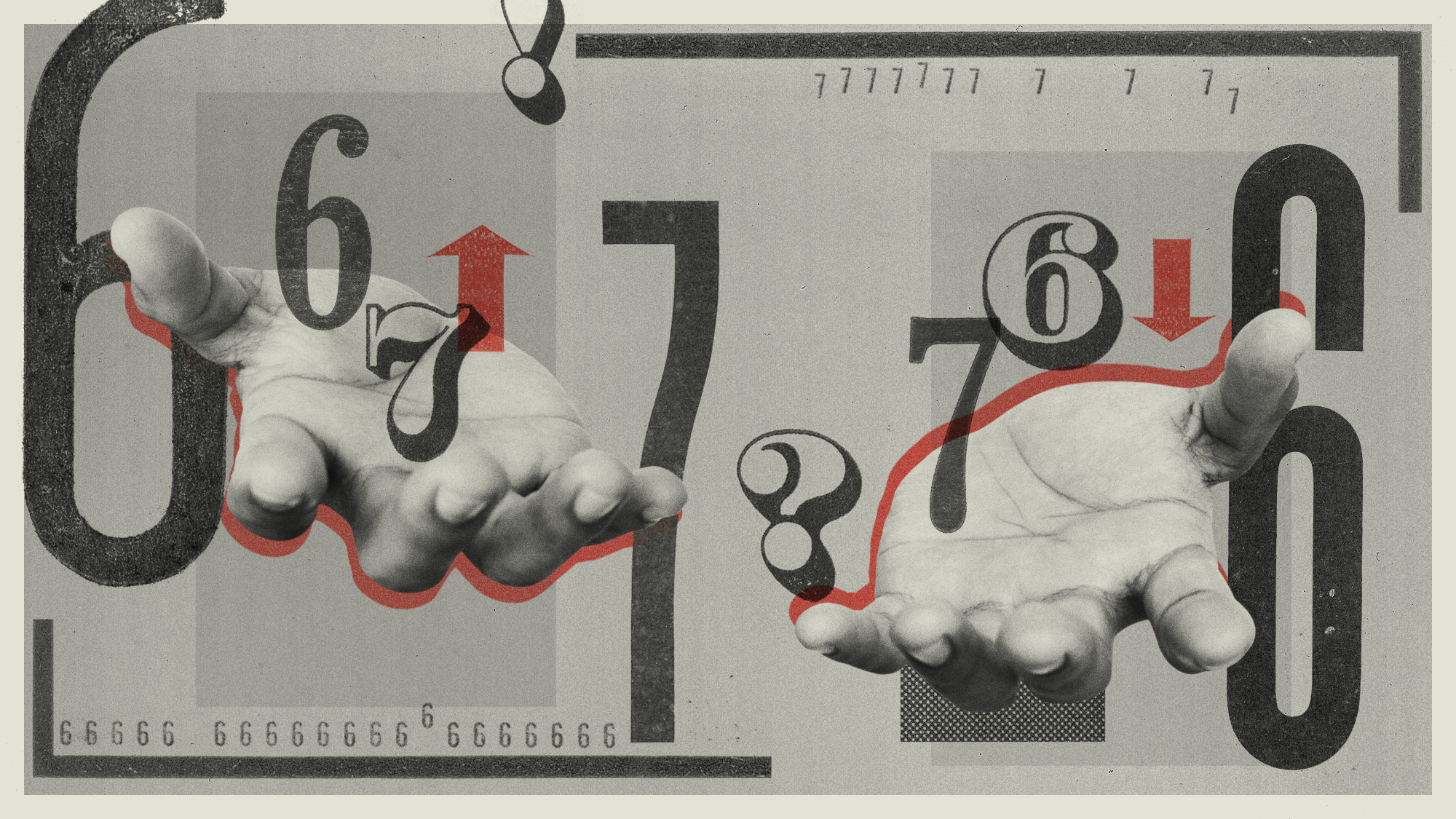 The six-seven meme that has taken over the world
The six-seven meme that has taken over the worldIn the Spotlight With roots in rap and basketball, the phrase has young people obsessed, and it could be here to stay
-
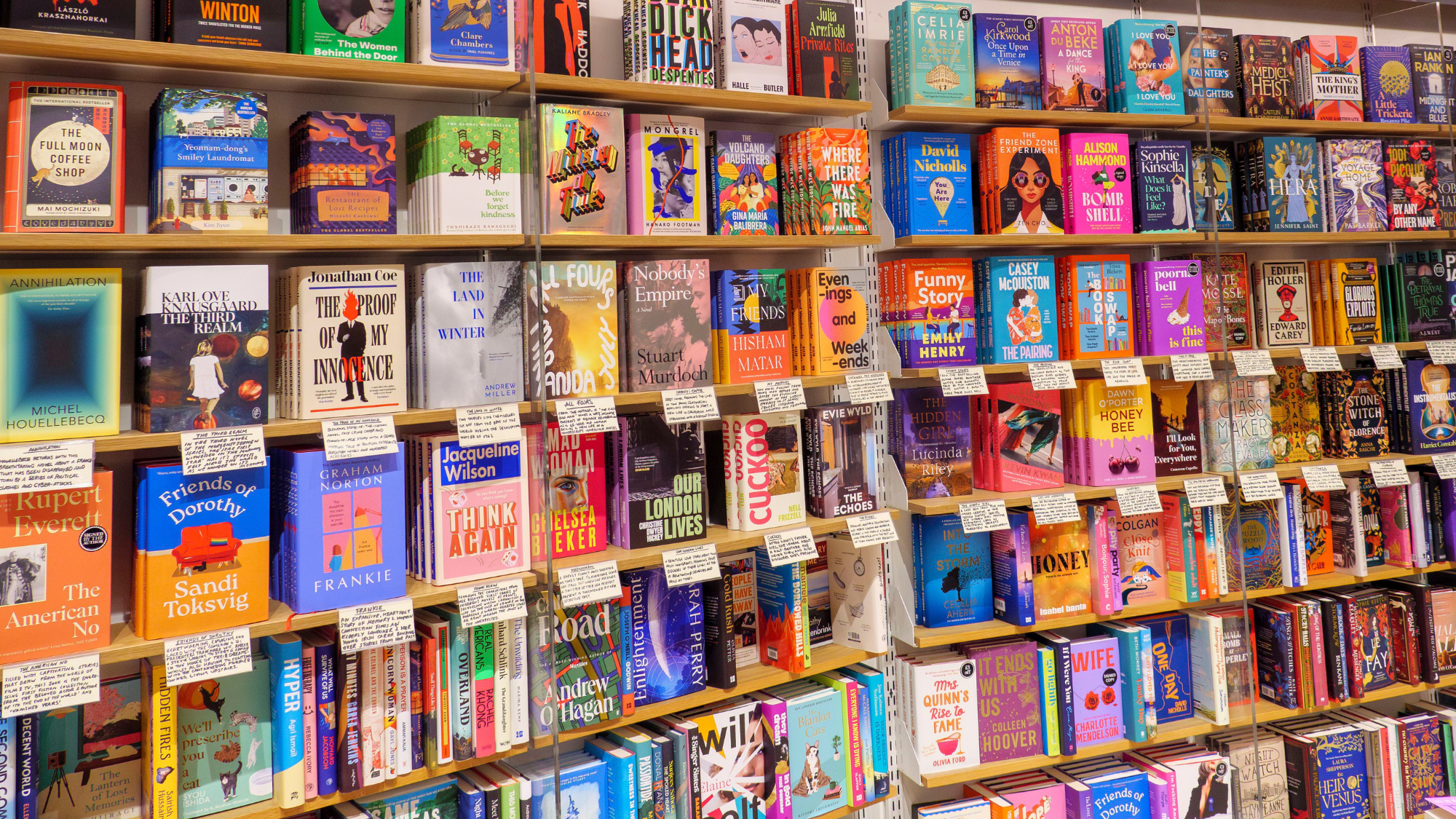 BookTok is reviving publishing – but at what cost?
BookTok is reviving publishing – but at what cost?In The Spotlight Social media recommendations are boosting book sales but critics give the trend mixed reviews
-
 The rise of the performative male
The rise of the performative maleTalking Point What the latest internet trope tells us about gender roles, dating and male illiteracy